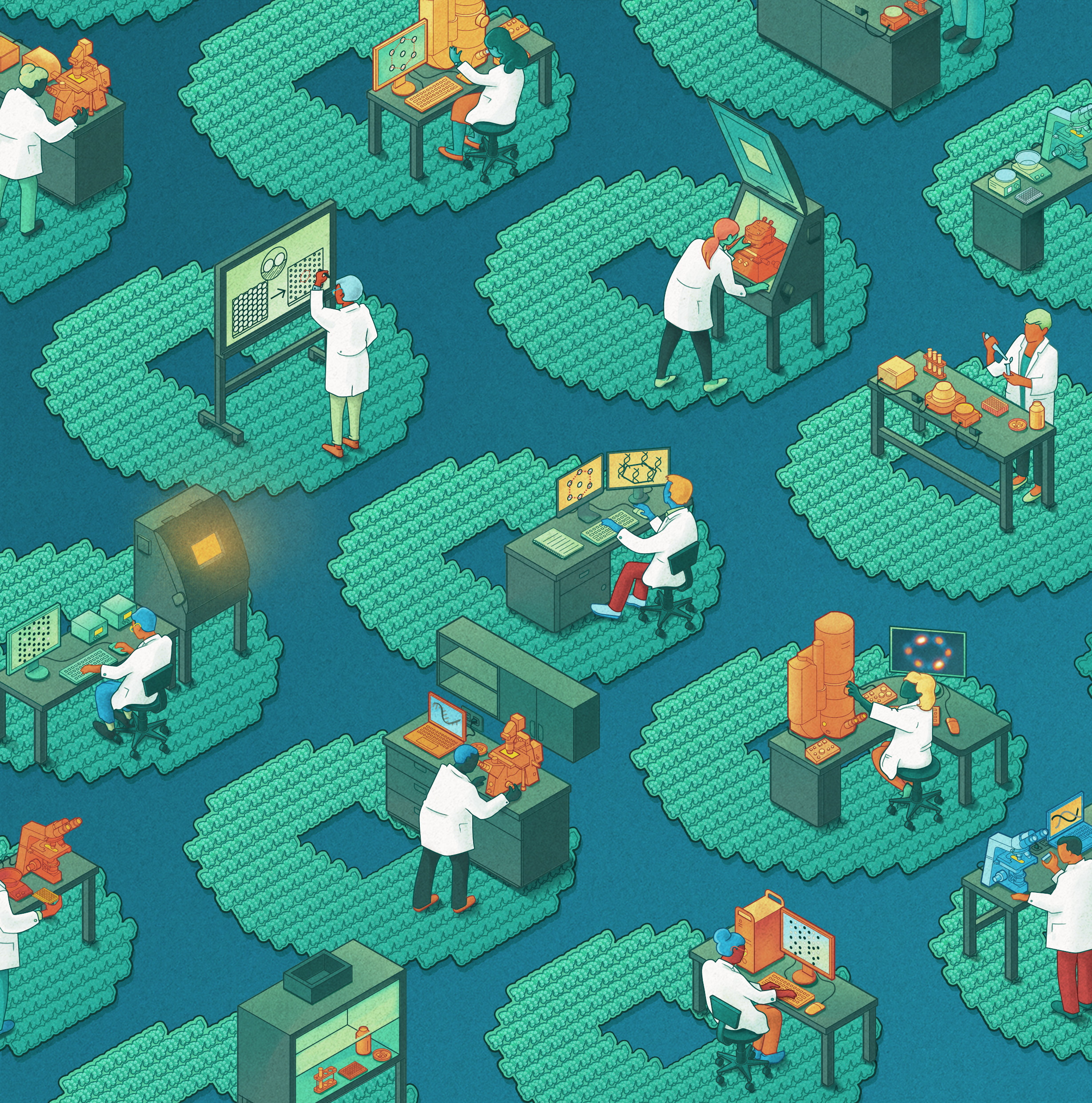Creating A Circular Economy For Sustainable Metal Manufacturing – Andrew LaTour
Original Article Reference
https://doi.org/10.33548/SCIENTIA452
Share Episode
About this episode
This work is licensed under a Creative Commons Attribution 4.0 International License. 
What does this mean?
Share: You can copy and redistribute the material in any medium
or format
Adapt: You can change, and build upon the material for any
purpose, even commercially.
Credit: You must give appropriate credit, provide a link to the
license, and indicate if changes were made.
Related episodes
Dr Rishabh Shetty | A Novel Method for Standardizing Single Molecule Studies
Studying single molecules provides researchers with unique insights into biological mechanisms and processes and allows them to visualise microscopic structural and functional differences. However, results can be unpredictable, and investigations are labour-intensive and expensive, often requiring extensive training and highly specialised laboratory equipment. Dr Rishabh Shetty and colleagues at Arizona State University, the California Institute of Technology, and the Massachusetts Institute of Technology, USA, have recently developed a simplified single-molecule assessment technique to overcome these limitations with a view to increasing accessibility and precision in molecular-level research.
Dr Marius Nagy – Dr Naya Nagy | Is a Problem Solvable or Not? Quantum Deciders Outperform Classical Ones
Today, the success of businesses and technologies relies on their ability to make quick decisions to address complex problems. To make matters more complex, these problems often involve a vast amount of data. Dr Marius Nagy at Prince Mohammad Bin Fahd University, together with Dr Naya Nagy, Imam Abdulrahman Bin Faisal University, investigate the ability of quantum computers to act as an ‘oracle’, and provide quality decisions even after just one invocation. Dr. Nagy and Nagy showed that quantum oracles give richer decision proposals and outperform classical computing oracle versions.
Professor Steven Brams | A Game That Stymies AI
AI appears all-powerful when playing sophisticated games such as Chess and Go against human opponents. Moreover, recent developments in AI have allowed it to summarize bodies of complex text, generate images and even video. These developments come with warnings that AI could replace many jobs, undermine democratic elections or even pose a threat to the existence of humanity. However, AI is largely based on observing and learning patterns; so, what happens when there are no patterns? Professor Steven Brams of New York University and colleagues have analyzed the potential of beating AI when playing a deceptively simple game called Catch-Up, simply by making random moves.
Professor Pei Wang | Defining AI to Ensure Effective Research and Policymaking
Artificial intelligence – or AI – is receiving increasing attention for its rapid development and potential to change society. Researchers are working hard to develop its capabilities, while regulators are racing to ensure it is managed and governed properly. But what do we mean by AI, and how can we define such a complex term? In a recent paper, Professor Pei Wang at Temple University argues that the lack of an agreed definition makes it difficult for policymakers to assess what AI will be capable of in the near future, or even which kinds of AI are desirable. To combat this, he discusses what makes a robust definition, and suggests his own.
Increase the impact of your research
• Good science communication encourages everyday people to be scientifically literate so that they can analyse the integrity and legitimacy of information.
• Good science communication encourages people into STEM-related fields of study and employment.
• Good public science communication fosters a community around research that includes both members of the public, policymakers and scientists.
• In a recent survey, 75% of people suggested they would prefer to listen to an interesting story than read it.

Upload your science paper
Step 2
SciPod script written
Step 3
Voice audio recorded
Step 4
SciPod published




